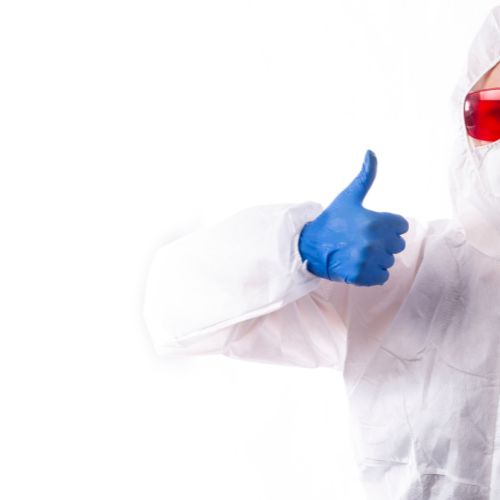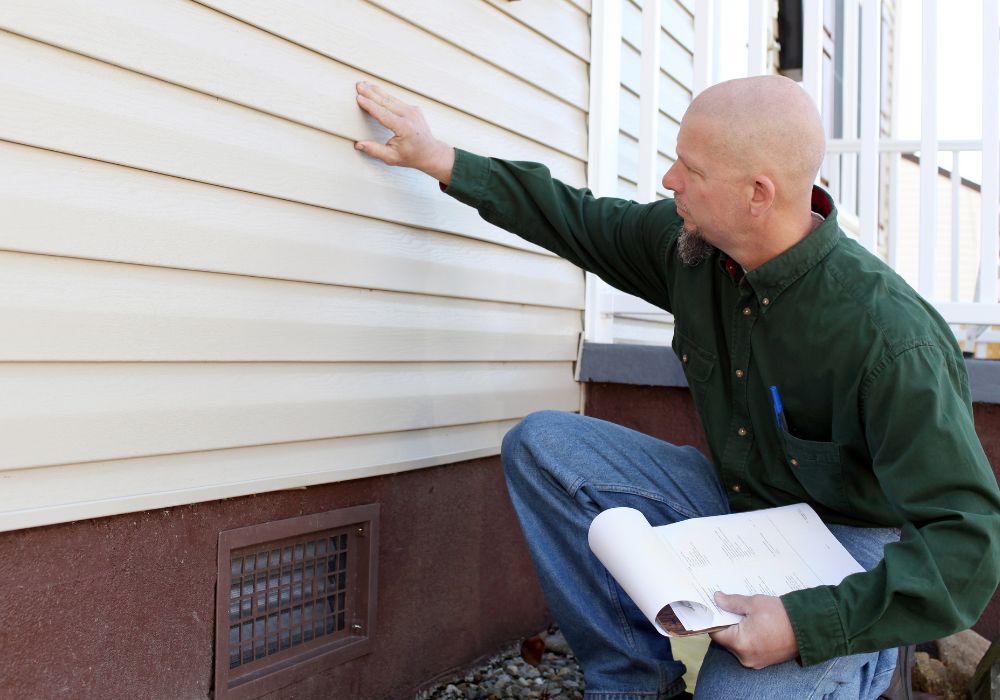
The Role of Pest Control in Sustainable Agriculture
Agriculture is one of the most important sectors of the global economy. It provides food and raw materials for various industries, contributing to economic growth and development. However, agriculture is also a sector that has a significant impact on the environment. The use of pesticides and other chemicals in farming can have adverse effects on soil quality, water resources, and biodiversity. Therefore, sustainable agriculture is an essential approach that aims to balance the economic, social, and environmental aspects of farming. One of the critical components of sustainable agriculture is pest control. In this blog, we will discuss the role of pest control in sustainable agriculture and the methods used for pest management.
Pest Control in Sustainable Agriculture
Pest control refers to the management of pest populations that can cause significant damage to crops, livestock, and other agricultural assets. Pests can be insects, rodents, birds, and other animals that can consume or destroy crops, causing significant economic losses to farmers. In the past, the primary approach to pest control was the use of chemical pesticides. However, the excessive use of chemical pesticides can have adverse effects on the environment, including soil degradation, water contamination, and the loss of biodiversity. Therefore, pest control in sustainable agriculture involves an integrated approach that considers various factors, including biological, cultural, and chemical methods.
Integrated Pest Management (IPM) is an approach to pest control that involves the use of various techniques to manage pest populations. IPM aims to minimize the use of chemical pesticides and instead use a combination of techniques that are effective, economical, and environmentally friendly. IPM considers various factors, including the pest species, the crop type, and the environmental conditions, to determine the most appropriate pest control techniques. The key components of IPM include monitoring pest populations, identifying the pest species, setting economic thresholds, and using various control methods.
Methods Used for Pest Management
There are various methods used for pest management in sustainable agriculture. These methods include cultural control, biological control, and chemical control.
Cultural Control
Cultural control refers to the use of agricultural practices that can reduce pest populations or make crops less susceptible to pests. Cultural control methods include crop rotation, planting resistant crop varieties, adjusting planting dates, and using cover crops. Crop rotation involves the alternating of different crops in a particular field to disrupt pest life cycles and reduce their populations. Planting resistant crop varieties involves using crops that are naturally resistant to pests, reducing the need for chemical pesticides. Adjusting planting dates involves planting crops at specific times to avoid pest outbreaks, while using cover crops involves planting non-commercial crops that can provide habitat for natural enemies of pests, reducing pest populations.
Biological Control
Biological control involves the use of natural enemies of pests to control their populations. Biological control methods include introducing predator insects, such as ladybugs and lacewings, that can feed on pest insects, introducing parasitic wasps that lay eggs on pest insects, and releasing pathogens that can infect pest populations. Biological control methods are environmentally friendly and do not involve the use of chemical pesticides.
Chemical Control
Chemical control involves the use of chemical pesticides to control pest populations. Chemical pesticides can be synthetic or organic, and their effectiveness depends on the pest species, the crop type, and the environmental conditions. Chemical pesticides can be applied in various forms, including sprays, granules, and baits. However, the excessive use of chemical pesticides can have adverse effects on the environment, including soil degradation, water contamination, and the loss of biodiversity. Therefore, chemical control methods should only be used as a last resort, after other pest control methods have failed.
The Benefits of Pest Control in Sustainable Agriculture
Pest control is an essential component of sustainable agriculture, and its benefits are numerous. The following are some of the benefits of pest control in sustainable agriculture.
Reduced Environmental Impact
The use of integrated pest management techniques can significantly reduce the environmental impact of agriculture. By reducing the use of chemical pesticides, farmers can reduce the risk of soil degradation and water contamination, which can have significant impacts on human health and biodiversity. In addition, the use of biological control methods can contribute to the preservation of natural habitats and the protection of beneficial insects, such as pollinators, which are critical to maintaining healthy ecosystems.
Improved Economic Viability
Integrated pest management techniques can improve the economic viability of farming operations by reducing the cost of pest control. While chemical pesticides can be expensive, the use of cultural and biological control methods can be less expensive and more effective in the long run. In addition, the use of sustainable pest control methods can help farmers meet the growing demand for sustainably produced food, which can increase the market value of their products.
Enhanced Food Safety
The use of chemical pesticides in agriculture can lead to the presence of pesticide residues in food, which can pose health risks to consumers. By reducing the use of chemical pesticides, farmers can improve the safety of their products, which can increase consumer confidence and demand for sustainably produced food.
Conclusion
Pest control is an essential component of sustainable agriculture, and its role is critical in balancing the economic, social, and environmental aspects of farming. Integrated pest management techniques, including cultural, biological, and chemical control methods, can significantly reduce the environmental impact of agriculture while improving crop yields, economic viability, food safety, and biodiversity. By adopting sustainable pest control methods, farmers can contribute to the preservation of the environment, the protection of human health, and the promotion of economic growth and development.
TOP RATED PEST CONTROL SERVICES IN NYC
24 Hour Pest Control NYC
Top Rated Residential Pest Control Services
Fast Restaurant Pest Control in NYC
Get Rid of Pests From Your Business in NYC
MAIN SERVICES
Related Blogs
The Impact of Pests on Your Health and Well-being
The Impact of Pests on Your Health and Well-being Pests are unwelcome visitors to our homes and can [...]
The long-term benefits of The Importance of Regular Pest Inspections for Your Home and Business
The long-term benefits of The Importance of Regular Pest Inspections for Your Home and Business Pests can be [...]
The Importance of Regular Pest Inspections for Your Home
The Importance of Regular Pest Inspections for Your Home Pests can be a nightmare for any homeowner. Whether [...]





